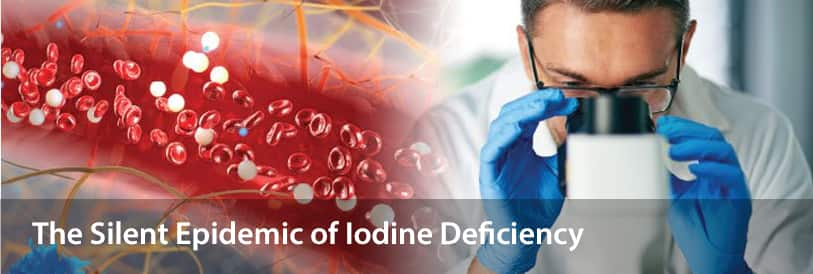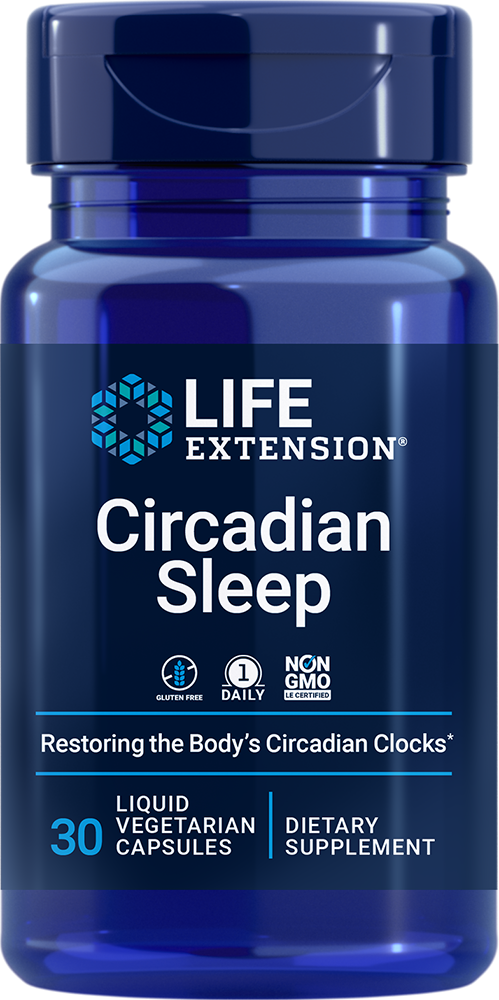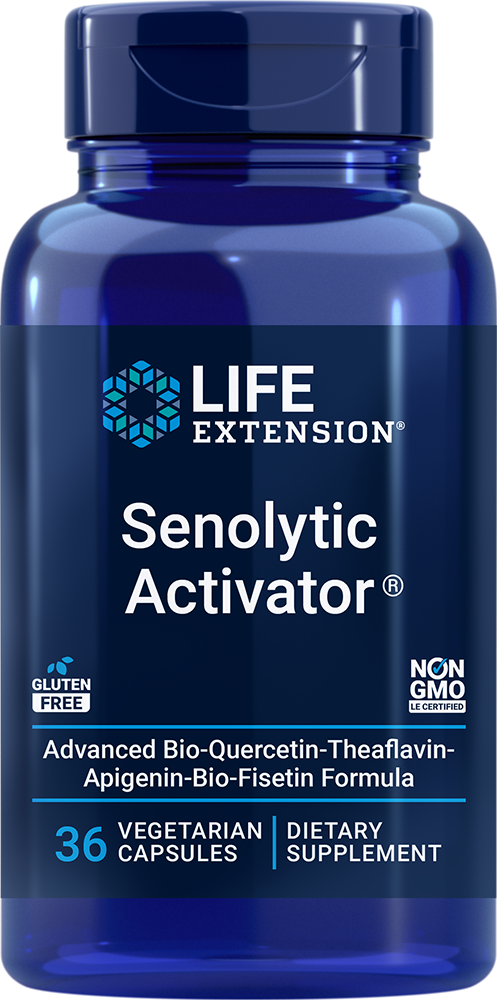
Newsletter
Newsletter
Ashwagandha supplementation associated with thyroid hormone improvements in clinical trial



December 18, 2018
A randomized trial reported in a recent issue of the Journal of Alternative and Complementary Medicine resulted in improvements in thyroid hormone levels among participants with subclinical hypothyroidism who supplemented daily with ashwagandha (Withania somnifera), an herb that is used to help with the effects of stress and other conditions.
Subclinical hypothyroidism is characterized by mildly elevated serum thyroid-stimulating hormone (TSH) levels, while levels of the major thyroid hormone thyroxine (T4) may be within the established normal range. While the drug levothyroxine is often prescribed, researchers have questioned whether it is beneficial for all people with subclinical hypothyroidism.
Ashwagandha is an herb used in Ayurvedic medicine that has shown effects on the thyroid in experimental research and in a trial that included patients with bipolar disorder. The current double-blind trial randomized 50 men and women with subclinical hypothyroidism to receive 600 milligrams ashwagandha root extract or a placebo daily for 8 weeks. Serum thyroid hormone (T3 and T4), and TSH levels were measured at the beginning of the trial, at 4 weeks, and at the end of the treatment period.
At the trial’s conclusion, those who received ashwagandha had a 41.5% average increase of serum T3 compared to levels measured at the beginning of the trial, while among those who received a placebo, T3 was reduced. Levels of T4 were 19.6% higher at the end of the trial among subjects who received ashwagandha, while remaining relatively the same in the placebo group.
Thyroid stimulating hormone levels, which were similar among both groups at the beginning of the study, declined by 17.4% after 8 weeks among those who received ashwagandha, while failing to change significantly over time in the placebo group.
“Treatment with ashwagandha may be beneficial for normalizing thyroid indices in subclinical hypothyroid patients,” the authors conclude.
So many supplements ... it's easy to get confused. No worries — your Foundation Guide will help you choose the best products that are right for you.
We'll ask you simple questions, like your age, gender, and what health concerns are important to you. (And all your answers are confidential.) This way, you get the right nutritional foundation to stay healthy and live better.
Find Your Supplements

Be among the first to potentially benefit from cutting-edge therapies, including innovative nutritional approaches, that may improve your quality and length of life.Learn More |
 |
|
|||||||||||||||||
|
||||||||||||||||||
 |
|
|||||||||||||||||
|
||||||||||||||||||
How Life Extension lab testing works
Connecting to Agent...
Who would you like to talk to?
Chat Hours:
Visit Contact Us or Call us:
7 days a week | 24 hours
Mon - Fri | 7:30 AM - 12 AM (ET)
Sat & Sun | 9 AM - 12 AM (ET)
How was your experience with our Agent?